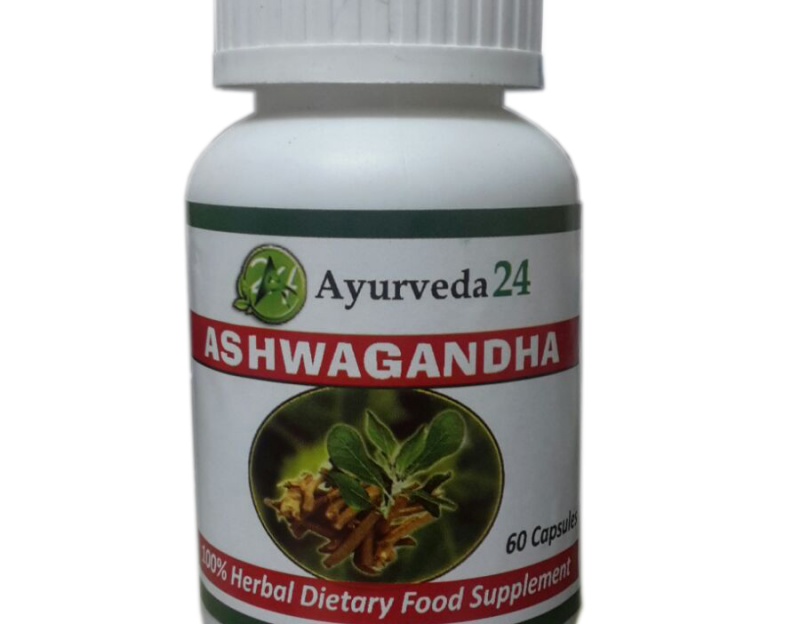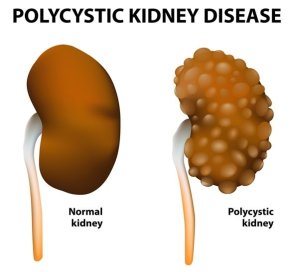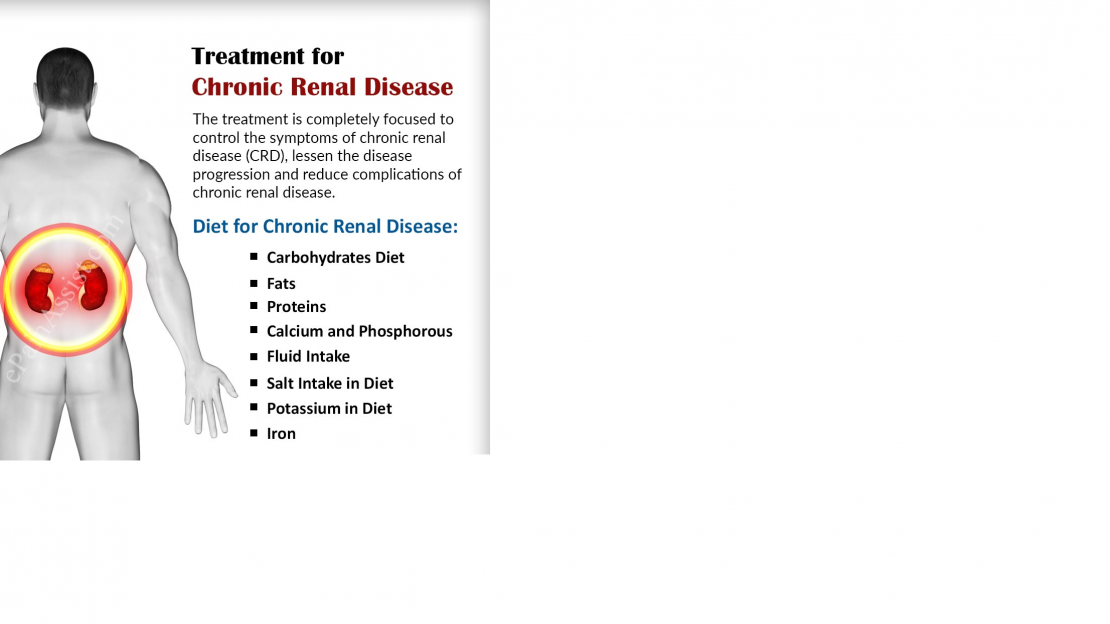
How to Cure Diabetes in Ayurveda
In Ayurveda, Diabetes is compared with Prameha. Ayurveda has an altogether different approach to the treatment of Diabetes. Lifestyle Management along with Medicine plays a very crucial role in controlling the disease and curing it. Ayurvedic treatment has the ability to treat and reverse diabetes no matter how high the sugar level is. First, we have to diagnose the type of diabetes. According to the modern approach- there are two types –
- Type I- Insulin Dependent Diabetes Mellitus.
- Type II – Non-Insulin Dependent Diabetes Mellitus.
How to Cure Diabetes in Ayurveda:-
Also, we should diagnose whether the patient is suffering from Insulin deficit or insulin resistance?
Doctors all over the world eye on Fasting Blood Sugar levels or HbA1c, but we at Ayurveda24 focus on Serum Insulin levels of the patient often ignored by Diabetologist and Allopathy Medicine doctors. Doctors at Ayurveda 24 check this parameter and accordingly plan the treatment protocol.
The levels are generally found to be poor in 80% of diabetes patients as they are suffering from Insulin deficit. This means Beta cells of Pancreas are unable to manufacture Insulin despite of the fact that patient is using the first and second line of Oral Hypoglycemic Agents like Metformin & glimepiride etc. With Ayurvedic Treatment for Diabetes, Insulin levels rise and Diabetic Levels come under control. Slowly and steadily when Diabetic levels are in control we can reduce Ayurvedic medicine and ultimately stop the medication completely because we have increased Insulin levels in blood naturally.
Patients who already have good Insulin levels suffer from Insulin receptor defects. These patients need to adopt a strict lifestyle and diet to control Diabetes. Younger obese patients who have a sedentary lifestyle fall in this category.
There are a lot of cases of Type 1 Diabetes patients who are taking Insulin. They are also sometimes suffering from the same defect, which can be identified by the Serum Insulin test. Type 1 patients generally are not able to secrete enough amount of Insulin which can metabolize the food.
Alternative Medicine and Ayurveda is gaining importance worldwide due to its role in the treatment of diseases and also maintaining overall health. Patients have experienced ill effects of having all the Allopathic medicine for diabetes control.
More and more diabetic patients are now incorporating alternative methods in their daily routine like intake of Karela juice & other anti-Diabetic agents like Jamun Juice etc. But these are just mediums to manage the sugar levels. Diabetes can easily be reversed if the patient is able to understand a few things. First, the most important thing is diet & obviously a causative factor of the disease. Of all the causative factors identified, one which is most common and basic is sedentary lifestyle and obesity. The second one is immunity.
Nowadays in Successful & Stressful India, people are more into perfectionism and idealism which increases stress and leads to many diseases, one of which is Diabetes. Prolonged stress can damage one’s immunity & can also lead to immune system disorders. More and more people in urban cities are suffering from thyroid-related disorders these days.
One particular treatment or medicine can’t be followed blindly for all kinds of Diabetic people. There are four steps in treating Diabetes.
- Identify the root cause of disease.
- Nothing works alone, we have to give wholesome treatment.
- First Ayurvedic Medicine is given as an adjuvant, then slowly and steadily Allopathic medicine is tapered off.
- Maximum one-year treatment in 90 % of cases.
Long term use doesn’t cause any complications or side effects. Diabetes Herbal treatment is adopted nowadays by many people worldwide. There are a lot of herbs which help to control and eliminate diabetes. We have treated a lot of cases with our diabetes herbal medicine and supplements. Few case studies have been discussed here.
Case studies- Testimonies
Amit Kumar, Naya Gaon(Punjab) working as a software professional in an IT park. I am suffering from diabetes for five years. I lost around 10 kgs in the last 2 years. I am 68 kgs now & look underweight as my height is 5’9”. Earlier my sugar levels used to be around 120-130 but now they crossed 200mg/dl. My doctor increased my dosage of allopathic drugs but I was not willing to increase as I was fed up with all medication. I then met Dr. Aggarwal who advised me to go for the Serum Insulin test. It was found to be 9.2 mg/dl. Dr. Aggarwal explained to me what this test is and how it is significant in my disease. And, Accordingly, I started my treatment. Soon I experienced some change in my body.
Earlier I used to feel week and lethargic and my leg muscle used to pain a lot but after starting Dr. Aggarwal’s treatment for diabetes my energy level has increased. My diabetes levels reduced to 150 mg/dl & insulin levels increased to 21 mg/dl after four weeks of treatment that too without Allopathic medicine which was quite encouraging. I continued their treatment & now after three months of treatment I am completely free of any medicine and my Insulin levels are nearly 49 mg/dl. Thanks to Dr. Aggarwal for reversing my diabetes.
Devinder Kaur-I is a Diabetic patient for 30 years. My eyes got affected by the same. My sugar level was near 350 mg/dl and creatinine levels also started rising. My family doctor suggested me to start with insulin. Now, I wanted to try some alternative medicines to treat my diabetes. My daughter searched online and read about Dr. Aggarwal.
We went for a consultation first as we wanted to meet him personally. To be honest we were not sure that Ayurveda can work on such high sugar levels. Dr. Aggarwal went through our reports and asked about Serum Insulin. We were not aware of that. So he suggested going for that test. My Serum Insulin came to be 8.23 mg/dl.
I started with the treatment as advised by Dr. Aggarwal and within 10 days my sugar levels started coming under control. My Serum Insulin levels after a week were 17.87 mg/dl. I am feeling a lot of relief after 5 months now and my Insulin levels are 35.8 mg/dl and HbA1c have decreased to 6.1 & I am not taking any Allopathic medicine now.
Kewal Krishan- I am an advocate in Punjab and Haryana High Court. I am suffering from Diabetes for 10 years. I tried different Ayurvedic, Homeopathic and alternative medications to date but my blood sugar levels never came to normal. I was taking so many medications, 4 Allopathic medications for Diabetes and 2 for Heart. I was very week and used to get vertigos (chakkar) but my sugar levels start coming to normal. I came in contact with Dr. Aggarwal through a reference. He then tested my Serum Insulin levels which came to be 1.14 mg/dl. I was a bit sceptical for the treatment as I have already taken many medications but was suffering from other associated issues. But after speaking to Dr. Aggarwal I gained some confidence and started with Ayurvedic treatment and suddenly I felt some new energy levels in my body within a week of treatment. After three and a half months of treatment, my sugar levels are normal & my Allopathy treatment stopped. My blood sugar levels range between 99-120 mg/dl and HbA1c is 5.9. Now, it’s been 5 months & I am continuing with his treatment & expect to reverse Diabetes completely. Thanks to Dr. Aggarwal to treat me and rebuild my trust in Alternative Medicine.
Ayurvedic treatment for Diabetes
Type 1 and Type 2
We at Ayurveda24 help to provide you the best Ayurvedic treatment for diabetes. The Ayurvedic Medicine for Diabetes type I and Type II are listed below. Ayurvedic treatment for Diabetes can be altered according to you personal condition, For a personalized treatment you can surely email us at info@ayurveda24.co.in or call, WhatsApp, Viber or emo us at +918699017567
Ayurveda24 -delivering health to your door, we put life into life is our motto.
[/vc_column_text][/vc_column][/vc_row]





